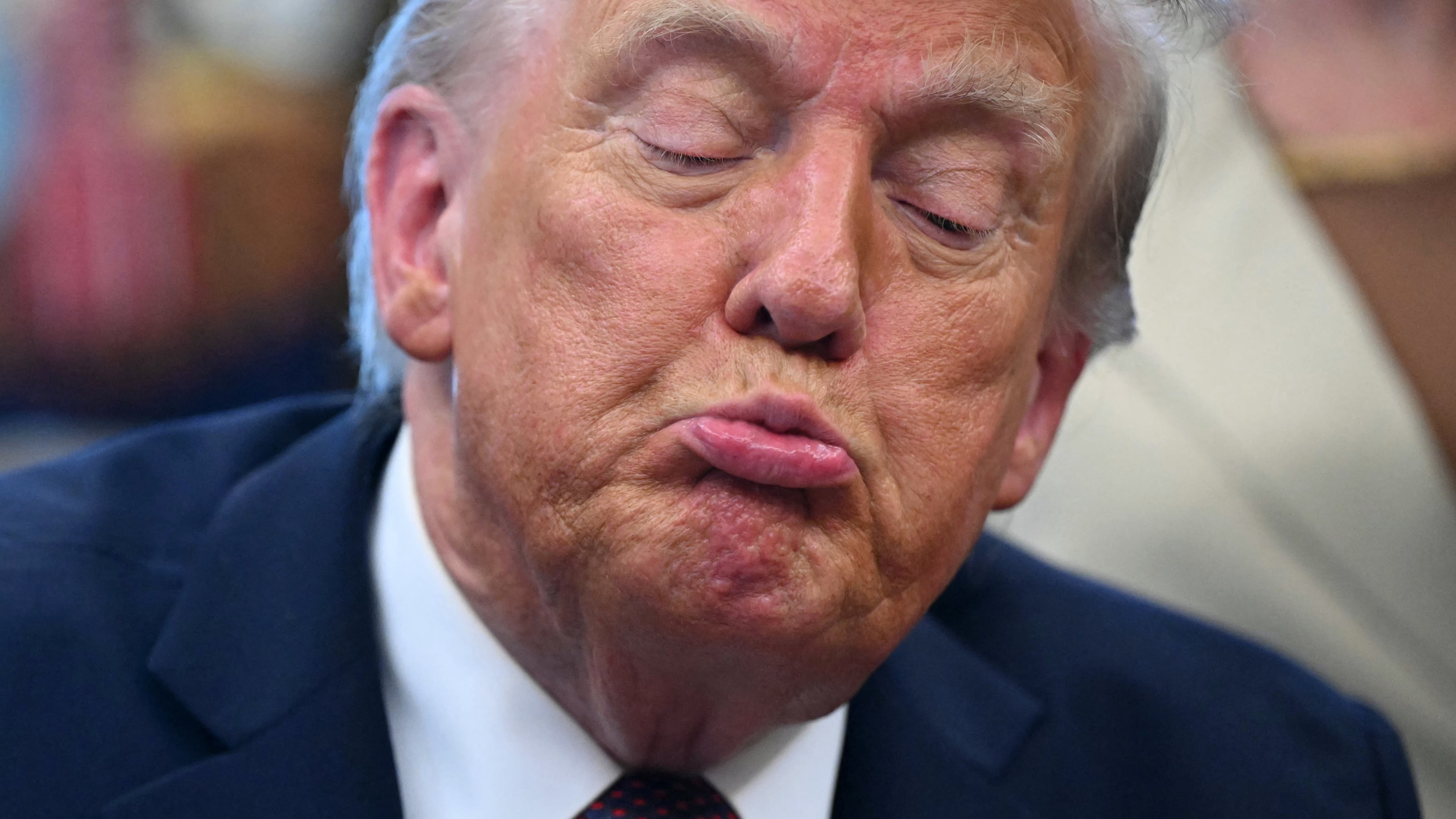
Trump's Stance on Political Violence Faces Scrutiny
President Trump's recent comments regarding political violence have sparked considerable debate. Following the tragic assassination of right-wing activist Charlie Kirk, the President has asserted that the "left" bears primary responsibility for political unrest. However, a recent exchange has brought a more nuanced perspective to the forefront.

During a press briefing, CBS News' Nancy Cordes challenged President Trump's claims by presenting a list of violent acts specifically targeting Democratic figures. These included the tragic killing of Minnesota Democrat Melissa Hortman, the attack on Paul Pelosi, husband of former House Speaker Nancy Pelosi, and the assault on former Arizona Democrat Gabby Giffords. Cordes questioned why the President seemed to attribute violence to only one side of the political spectrum.
President Trump responded by stating, "I didn’t say it’s on one side," but followed up by asserting that the "radical left causes tremendous violence and they seem to do it in a bigger way." He further claimed that the "radical left really causes a lot of problems for this country" and that they "hate our country."
The exchange highlights the increasingly polarized political landscape and the complexities surrounding the issue of political violence in America. It also raises questions about the role of rhetoric in shaping public perception and potentially inciting violence. Understanding the different perspectives is crucial for fostering constructive dialogue and working towards a more peaceful society.
The conversation then shifted to potential government action. When questioned about plans to address the "radical left," Trump directed inquiries to his deputy chief of staff, Stephen Miller. Miller indicated that the administration would target those "paying for violence," mirroring earlier statements made on Charlie Kirk's talk show, which was hosted by Vice President JD Vance.
It's important to note that some observers have pointed out that Trump and Miller at times seemed to blur the lines between actual political violence and legitimate, albeit potentially disruptive, protests such as those associated with the Black Lives Matter movement.
Furthermore, the President faced scrutiny regarding his decision not to lower flags to half-staff following Melissa Hortman's assassination, a contrast to his response after Charlie Kirk's death. Trump stated that he would have done so if the Governor of Minnesota had requested it. However, reports indicate that Trump previously dismissed contacting Minnesota Governor Tim Walz as a "waste of time."
This ongoing discussion underscores the need for careful consideration of the facts and a commitment to addressing violence in all its forms, regardless of political affiliation. It also highlights the importance of responsible leadership in promoting unity and preventing further division. The issue of political polarization and its potential consequences requires ongoing attention and thoughtful solutions.
```